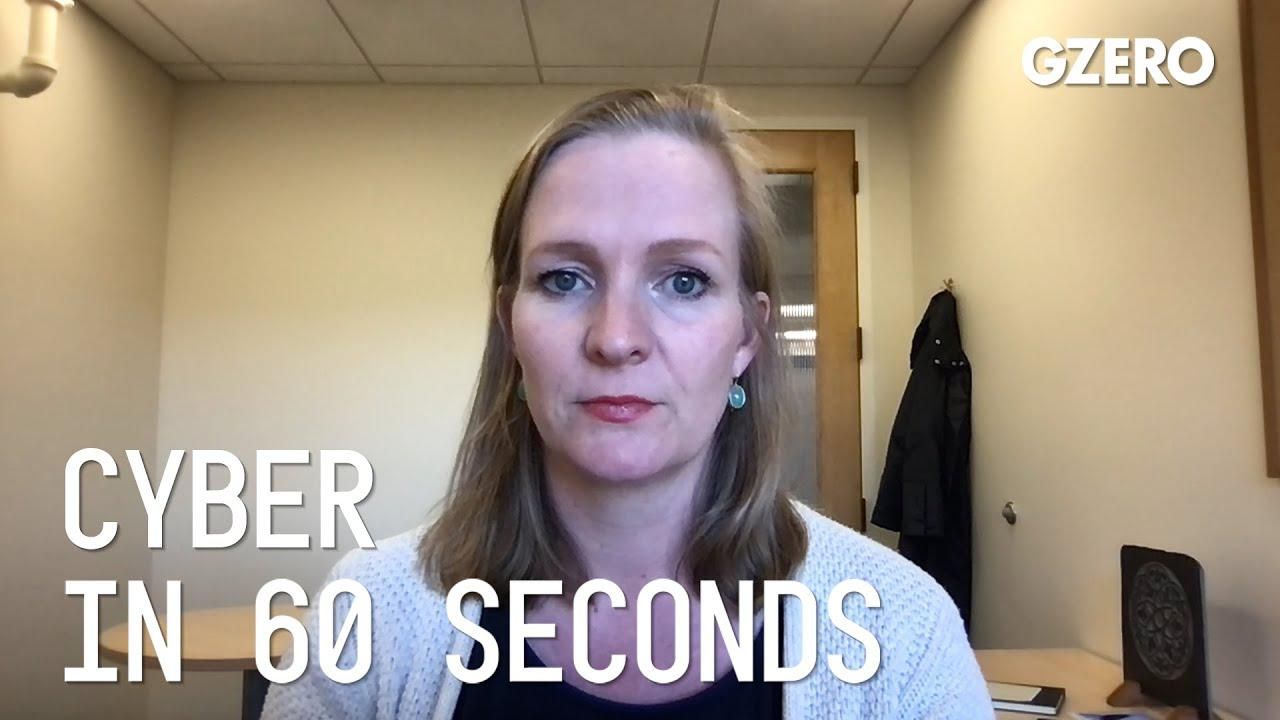Cyber in 60 Seconds
Watching Russia: cyber threats & disinformation

Russia Cyberattack on the West: Feared, Predicted, Not Manifested Yet | Cyber In :60 | GZERO Media

Marietje Schaake, International Policy Director at Stanford's Cyber Policy Center, Eurasia Group senior advisor and former MEP, discusses the Ukraine conflict from the cybersecurity perspective:
Unfortunately, the war that Russia started against Ukraine is still ongoing in all its devastation. And so today we focus again on some of the tech related aspects of that completely unjust and unnecessary conflict.
How likely will Russia launch a sweeping cyberattack on the West?
Well, I don't have a crystal ball, but going by with what we've seen in the past with ransomware attacks, hacks, cyberattacks on Ukraine's power grid already years ago, as well as attempts to manipulate the US presidential elections, there are certainly is no lack of will or ability on the Russian side and that makes the absence of new meddling or direct attacks with devastating impact on Western targets, actually quite remarkable. These were feared and predicted, but they have not quite manifested yet.
With disinformation becoming a weapon in the war, how can individuals better protect themselves?
Well, indeed, this information, propaganda, are specialties of the Kremlin, and it is important to be careful about what to trust, especially online. There's been a dramatic change, however, because EU sanctions have been imposed on state propaganda and Russian state media, making those sources inaccessible on both television and the internet for European audiences. But of course, there are other sources of this information, and so critical reading, verifying news by finding multiple sources, or choosing to look at reporting from trusted media or reporters that adhere to good journalistic practices, can be helpful to make sense of what is actually going on amidst an avalanche of information of which disinformation can be a part.
Our sharing success program reflects BofA’s commitment to teammates and driving economic opportunity for employees and communities. The Proof: Since 2017, our program has awarded nearly $6.8B to employees—recognizing their contributions and investing in their future. Learn more.
WATCH THE REPLAY: At this year's World Economic Forum in Davos, Switzerland, our Global Stage panel discussion will examine the growing infrastructure around AI, how countries are tackling AI adoption, and the ways in which local and supranational industries might benefit from this rapidly accelerating technology. Watch at gzeromedia.com/globalstage